Aching pain in the legs as you walk? Stiff back that gets gradually worse the more you do each day? You could be suffering from spinal stenosis.
While there are certainly exercises you can do that will help, there are also a list of spinal stenosis exercises to avoid. Today, we reveal what the spinal stenosis exercises to avoid are – and which ones to do instead.
But first – What is spinal stenosis?
Spinal stenosis simply means “narrowing of the spinal canal and the areas where the nerves exit the spine“.
The word “stenosis” simply means narrowing. That’s why on MOST MRI scans, we see the word “stenosis” or “stenotic changes” on the report. If there are any spaces in the spine that are narrowed beyond what we would consider “normal”, the radiologist will use the term stenosis.
However, that doesn’t necessarily mean you have “true” spinal stenosis, which is categorised by the presence of the following 2 symptoms:
- Back pain that is worse when walking and standing, but goes away when you sit or lie down.
- “Neurogenic claudication” – a term to describe a throbbing, dull ache in the lower legs (usually calves) that continues to worsen as you walk and stand, but goes away when you sit down.
“True” spinal stenosis is caused by widespread narrowing of the spaces in the spine where the nerves run through.
It is extremely uncommon for anyone under the age of 50 to suffer from true spinal stenosis.
You may have been told that you have a disc bulge causing stenosis in the spine. As confusing as this is, you likely don’t have TRUE spinal stenosis (you probably have narrowing in just one area of the spine). Therefore, the advice in this article may not apply to you.
What about recovery from spinal stenosis?
Unfortunately, the structure changes that have occurred to cause true spinal stenosis are caused by the degenerative process of ageing and the structure of your spine will not return to “normal”, no matter the treatment.
It’s usually the ageing process that has led to these changes and we can’t reverse these structural changes in the spine.
However, all is not lost – we can improve symptoms in spinal stenosis, even if we can’t change the physical structures in the spine.
I’ve had many testimonials from people with spinal stenosis using my programs and getting a great outcome, as well as new strategies to control their symptoms when they arise. So it’s definitely worth the effort of finding a proper rehabilitation program if you have spinal stenosis.
A proper rehabilitation program will help people with spinal stenosis by doing the following:
- Improving the flexibility of the muscles in the legs and reducing the “pull” on the spine so you can walk for further before pain
- Relieving tension in the back muscles and reducing back pain
- Improving fitness capacity so you walk for further with perfect technique, delaying pain
- Improving flexibility in the spine which lubricates the joints that the nerves run through
- Restoring health to the pinched nerves and reducing leg pain
I think the above constitutes a pretty compelling argument for having a good exercise program for spinal stenosis! However, it’s very easy to get it wrong when selecting exercises for spinal stenosis.
Choose the wrong ones, and you’re going to make your back sore and bring on leg pain even quicker than before. These spinal stenosis exercises to avoid are often included in the exercise programs you’ll get online and in lots of Yoga routines on YouTube. Therefore, it’s crucial that you know which spinal stenosis exercises to avoid so you can create your own list of safe, effective exercises!
Spinal stenosis exercises to avoid
Spinal stenosis exercise to avoid #1 – The Cobra
Why this is a spinal stenosis exercise to avoid:
Nine times out of ten, people with spinal stenosis find that walking and standing are painful. Both of these activities are what we call extension exercises.
They cause the spine to move in a way called extension, which simply means leaning backwards. Extension movements cause the bony surfaces in the spine to move towards each other and close down narrow spaces even more.
Because of this, they make narrowing within the spine worse. You might find that if you try this action, your pain gets worse immediately, or directly after.
Therefore, lying on your front and pushing up, like in The Cobra exercise, is a spinal stenosis exercise to avoid.
Spinal stenosis exercise to avoid #2 – Standing Extension
Why this is a spinal stenosis exercise to avoid:
This might be the worst exercise someone with spinal stenosis could possibly choose.
By leaning back in a standing position, you’ve got both the weight of the body and the extension movement causing compression on the already narrowed areas in the spine.
If you have spinal stenosis, make sure you don’t use this extension movement in standing.
Are You Looking for RAPID Relief from Sciatica?
My good friend, colleague and fellow international sciatica expert, Dean Volk, has a brand new sciatica relief video course available – and I’m delighted to be an official sponsor!
Check out Dean Volk’s “Kicking Sciatica OUT of the Butt!” Online Pain Relief Course Here!
I can proudly recommend Dean and his course for sciatica sufferers – because I’ve seen his incredible results first-hand. You can check out his course (and get lifetime access to the videos and bonus content) by clicking HERE.
Spinal stenosis exercise to avoid #3 – The Bridge
Why this is a spinal stenosis exercise to avoid:
While the bridge is a great exercise for strengthening the gluteals and may be a good exercise for some people with sciatica, the bridge can also be a spinal stenosis exercise to avoid.
Can you see in the second picture how by bringing the hips off the floor, the spine goes into extension? This movement will often cause pain in the lower back as the bony spaces close up.
For some people, the bridge is OK – but there are often far better alternatives for people with spinal stenosis.
Spinal stenosis exercise to avoid #4 – Hip Extension
Why this is a spinal stenosis exercise to avoid:
Even though this is a hip exercise, you can see how by lifting a leg off the floor in this position, our spines go into extension. This extension movement will cause pain in the back and leg in someone with this condition and is therefore a spinal stenosis exercise to avoid.
The problem with this exercise is that it is often prescribed for people with hip arthritis, which is common with spinal stenosis.
Better Exercises for Spinal Stenosis: Do these instead!
The exercises provided on this page for informational purposes only and are not designed to be a ‘prescription’ of any kind. Be sure to check with your healthcare provider before you begin any new exercise programme.
Exercise for Spinal Stenosis #1: Knee Hugs
Why this spinal stenosis exercise works:
The common theme for the recommended exercises for spinal stenosis is that they all involve the opposite of spinal extension – we call this movement FLEXION.
Flexion exercises for spinal stenosis tend to bring about a much better outcome than extension exercises.
In the above picture, you can see how as we hug the legs, the pelvis rotates and our spine moves into this flexion position. This opens up the narrowed spaces in the spine and allows the compressed nerves to “breathe” for a while, relieving symptoms effectively.
Exercise for Spinal Stenosis #2: Flexion in Sitting
Why this spinal stenosis exercise works:
This is a fantastic spinal stenosis exercise to do from a chair. Again, by bending forward, you’ll open up the spaces in the spine where the nerves run through and allow them more freedom to move. This exercise is fantastic at relieving back pain as well.
I give this exercise to all my clients with spinal stenosis as a rapid relief position they can get into if their pain suddenly comes on or worsens and they see somewhere convenient to sit down.
Exercise for Spinal Stenosis #3: The Gluteal Stretch
Why this spinal stenosis exercise works:
This exercise is more of a stretch than a spinal exercise, but it stretches a muscle group closely related to the spine called the “gluteals”. These muscles often get tight in people with spinal stenosis and can pull the spine into a more compromised position.
Exercise for Spinal Stenosis #4: The Hip Flexor Stretch
Why this spinal stenosis exercise works:
In many people with spinal stenosis, their posture has something called an “anterior pelvic tilt”. This is a position of the pelvis where the pelvic bowl tilts forwards. This is actually a poor position for someone with spinal stenosis to be in; it increases extension in the spine and will make their pain worse.
If you have an anterior pelvic tilt, it’s likely that your hip flexors will be tight. By stretching the hip flexors with the exercise shown above, we can reduce that anterior pelvic tilt and take some more pressure off the spine.
A Sample Exercise Program for Spinal Stenosis
The following is a typical exercise program I might prescribe for someone with spinal stenosis. Bear in mind that what I find on my assessment dictates which exercises I might prescribe; so some of these exercises may not be suitable for you. Always get an assessment from a healthcare professional before starting any new exercise programme.
The following is not to be taken as a prescription; rather, it is just to give an example of a programme that has worked for my clients in the past with spinal stenosis.
The Program:
- Knee Hugs: 10 repetitions on each side; morning, afternoon and evening
- Gluteal Stretch: 30-second hold x 2 each side; morning and evening
- Hip Flexor Stretch: 30-second hold x 3 each side; morning and evening
- Flexion in Sitting: 5 slow repetitions; morning, afternoon, evening and whenever in pain
Other than Exercises for Spinal Stenosis, What Else Might Help?
There are also certain tips and products that can help individuals, alongside exercises for spinal stenosis.
Here are some of my top tips:
#1 – Reduce Walking Distance (Or Take Regular Breaks)
Walking upright for extended periods of time can aggravate the symptoms of spinal stenosis and cause increased pain, no matter how many exercises for spinal stenosis you include in your routine.
My advice: Try to build in regular breaks into walks. If you know there is a bench on your usual route, make an effort to stop and sit there for a while, even if you don’t feel you need to at the time.
Another tip that can help is to make an effort to rest on your haunches by leaning forward when the spinal stenosis symptoms start.
While not strictly an exercise for spinal stenosis in and of itself, this simple step can help to increase the space that the nerves sit in, allowing them to “breathe” in that space better and relieving symptoms as a result.
#2 – Try a TENS Machine
Many of my patients with spinal stenosis find that a TENS machine can help to relieve their symptoms, when used alongside exercises for spinal stenosis.
A TENS machine works by sending a small electrical signal into the muscles of the back, providing pain relief in many cases and loosening tight muscles.
Below are 3 of my top recommended TENS machines:
TENSCare Perfect TENS Pain Relief Machine
This TENS machine for sciatica has 8 preset programs so you don’t need to “tune it” yourself – just pick a setting and off you go! There is an option to purchase a ‘Value Pack’ which includes spare pads which I would definitely recommend.
View the TENSCare Perfect TENS Pain Relief Machine on Amazon US (closest match)
View the TENSCare Perfect TENS Pain Relief Machine on Amazon UK
SHANGPS TENS Machine for Pain Relief
The SHANGPS design has revolutionised the way TENS machines are used for sciatica – meaning you can now get effective pain relief on the go. With its discrete design, you can easily conceal this under clothing and continue with your day to day tasks without having to stop and sit down to use a TENS machine for sciatica pain relief. Purchase with spare pads for the best value for money.
Click HERE to view the SHANGPS TENS Machine on Amazon
TPN 200 Plus TENS Machine
A super-simple yet sleek design, this TENS machine is perfect for those who want a highly effective model and are confident with using a TENS machine for sciatica pain relief. This unit doesn’t have a fancy display, so you can customize the settings to best suit your needs, tweaking and changing the frequency until you find one that works best for you.
Click HERE to view the TPN 200 Plus TENS Machine on Amazon US (closest match)
Click HERE to view the TPN 200 Plus TENS Machine on Amazon UK
You can also find an entire post I wrote showing you the best TENS machines on the market at the moment by clicking HERE.
#3 – Use a Muscle Rub
Creams for sciatica pain can help some people to experience relief and they are handy to carry around to use when walking, if the exercises for spinal stenosis can’t shift the pain.
Here is the top cream we recommend for people suffering from spinal stenosis:
Click HERE to view Voltarol cream for sciatica pain relief Amazon US
Click HERE to view Voltarol cream for sciatica pain relief Amazon UK
This product contains an anti-inflammatory that helps to calm any inflammation around the affected nerve root when someone is suffering from sciatica.
What’s more, it also contains a natural product that will help to relax hyper-tense muscles and reduce pain, as well as provide a soothing effect to the area. For this reason, I would place it as my go-to and best cream for spinal stenosis pain relief.
FourFive CBD Muscle Rub

Click HERE to view this cream for sciatica pain relief on Amazon UK
I was never convinced by the CBD craze when it all began, but I am starting to see more compelling evidence for its use in some people, in some cases.
While I don’t believe CBD to be “magic”, I do feel this product has potential to relieve some of the muscle pain experienced in the lower back for many people with spinal stenosis.
That is why this product makes it onto the list of the best creams for sciatica pain relief. Check out the reviews of this product – they are really outstanding, with a perfect 5-star rating.
#4 – Try to Improve Your General Health
If you’re struggling with your mobility due to spinal stenosis, one thing that might help is to address other general health issues like your weight, your diet and your general exercise.
If you’d like some tips on how to improve all of those aspects of your health, stave off injury and treat problems like arthritis, why not grab a copy of my brand new book, Thriving Beyond Fifty? You can see more details below:
Top Tip: Grab a copy of my #1 Best-Selling book, Thriving Beyond Fifty for more health, wellness and recovery strategies!
Summary
Hopefully, my list of spinal stenosis exercises to avoid will give you a great idea of some of the positions and exercises you need to steer clear from when looking for help online.
Have you found any exercises for spinal stenosis that have helped you? Let us know in the comments below!
Are You Looking for RAPID Relief from Sciatica?
My good friend, colleague and fellow international sciatica expert, Dean Volk, has a brand new sciatica relief video course available – and I’m delighted to be an official sponsor!
Check out Dean Volk’s “Kicking Sciatica OUT of the Butt!” Online Pain Relief Course Here!
I can proudly recommend Dean and his course for sciatica sufferers – because I’ve seen his incredible results first-hand. You can check out his course (and get lifetime access to the videos and bonus content) by clicking HERE.
The information on Overcome Sciatica should never be used as a substitute for medical advice from a doctor. Never put into action any tips or techniques from Overcome Sciatica without checking with your doctor first. Please see full terms of use here.

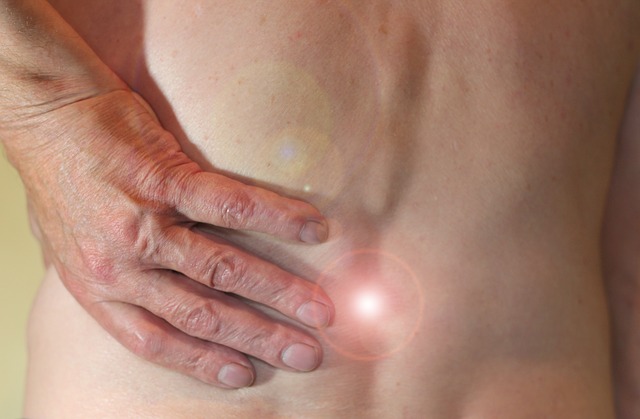
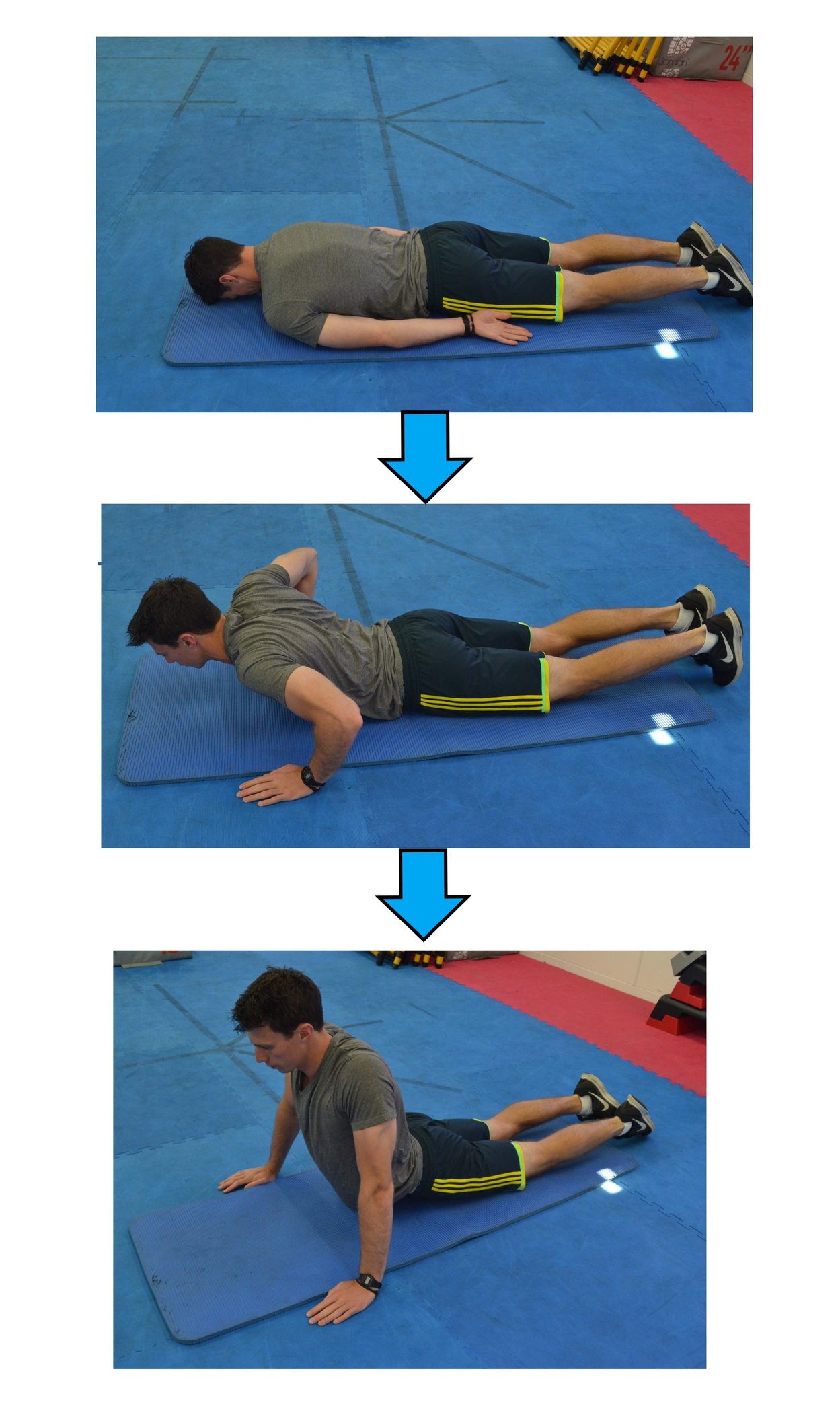

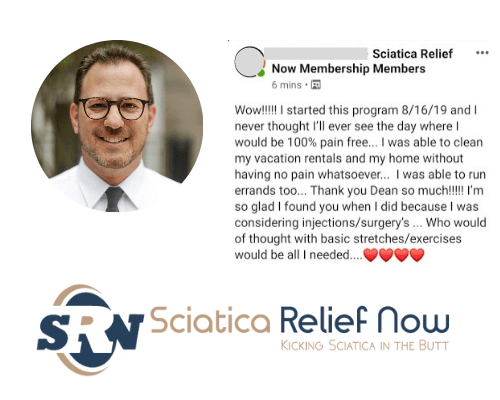
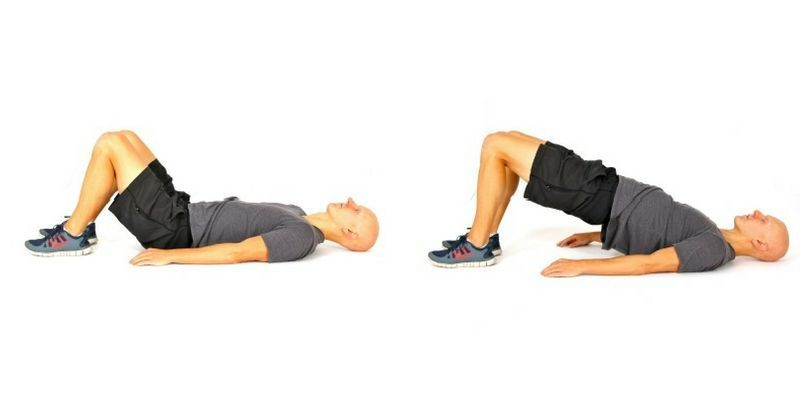
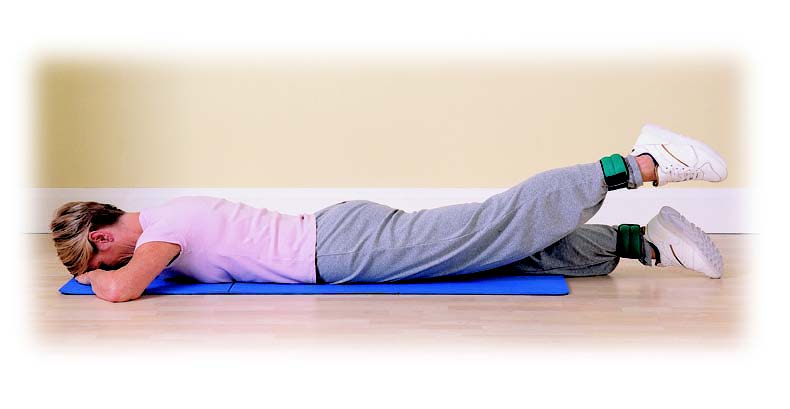
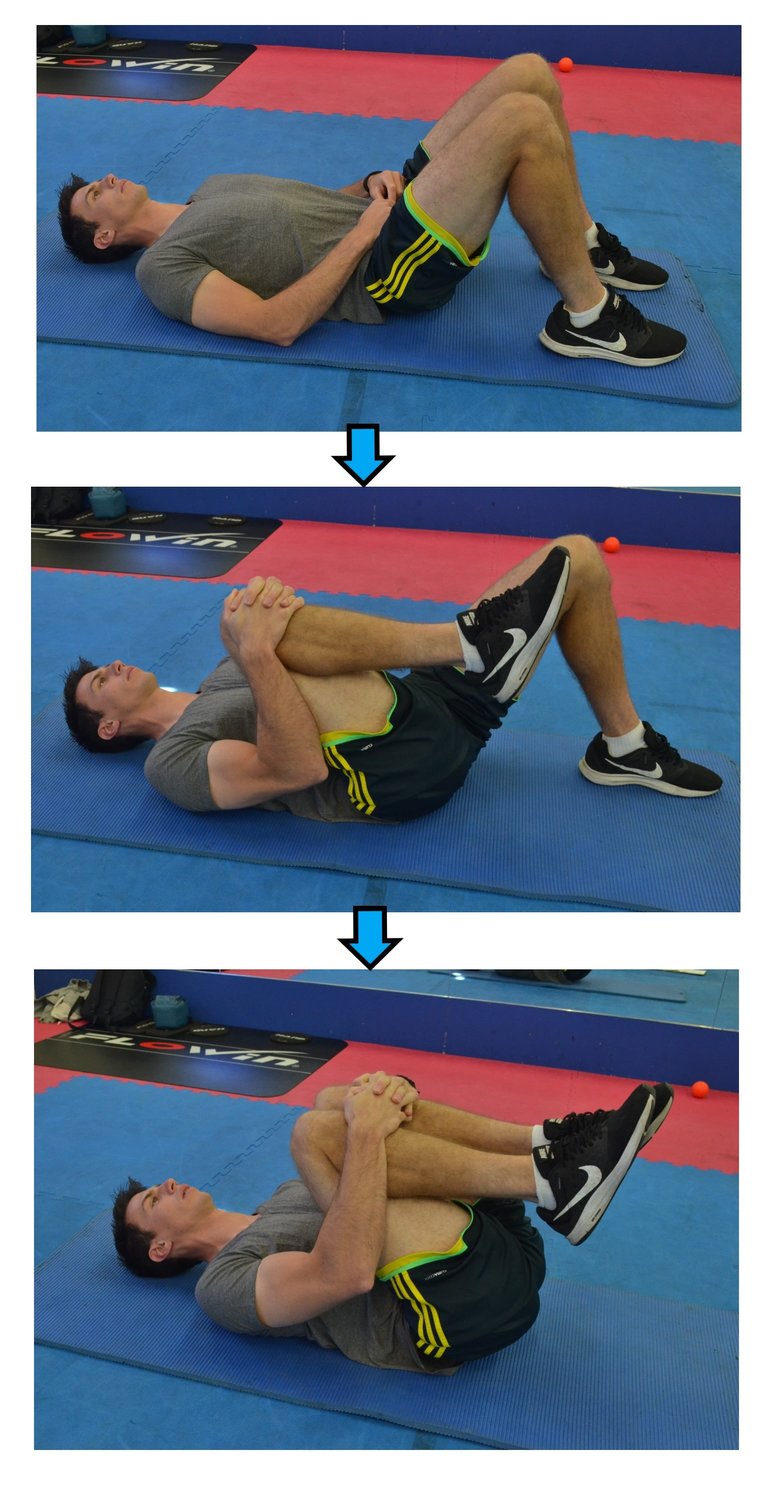
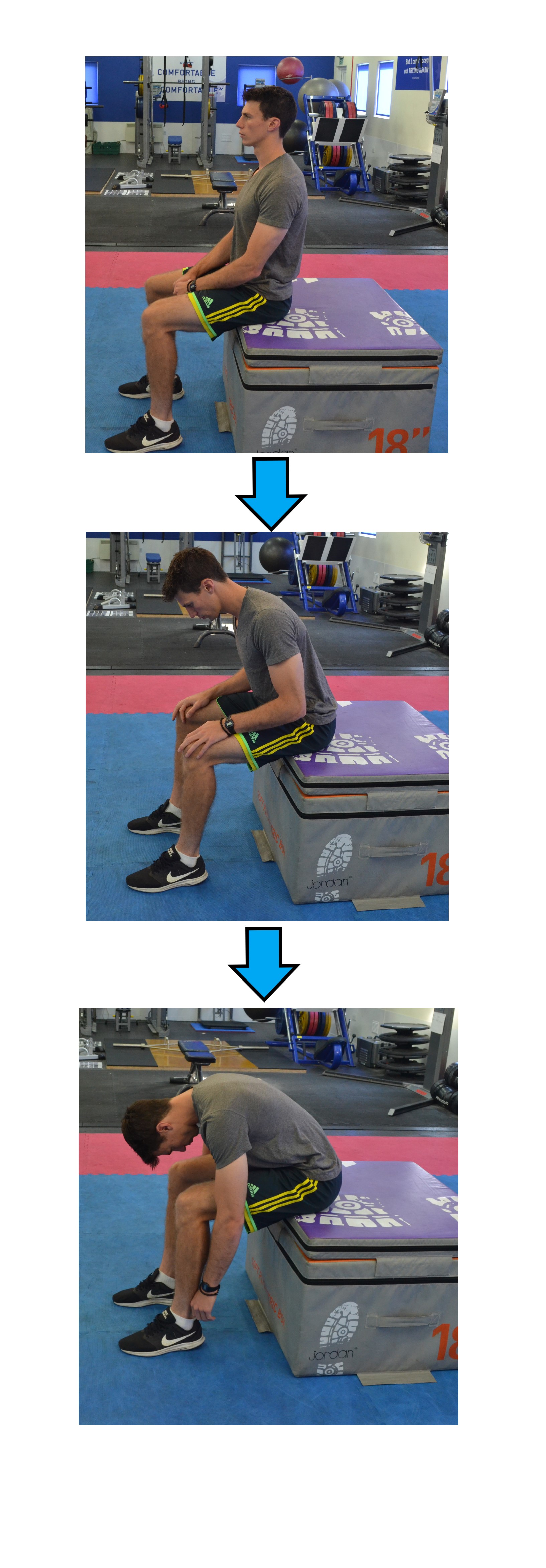
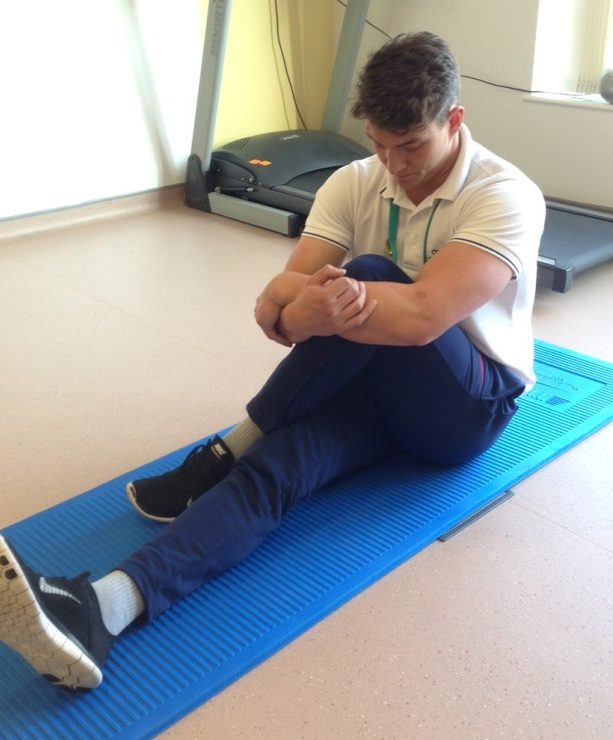
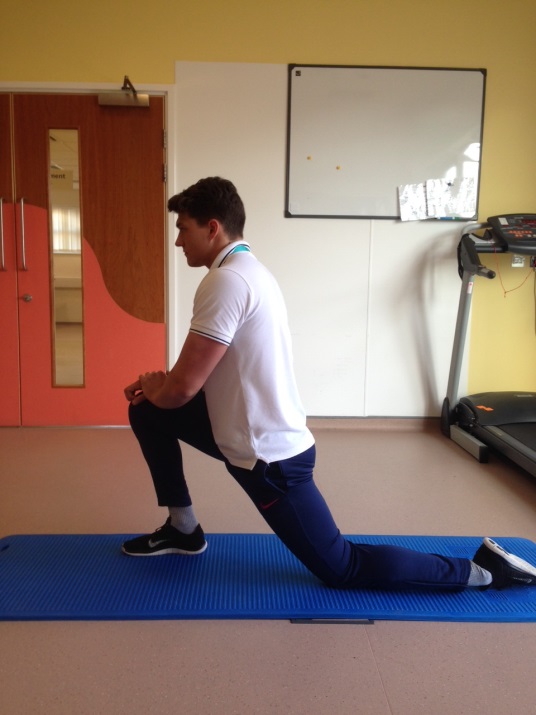





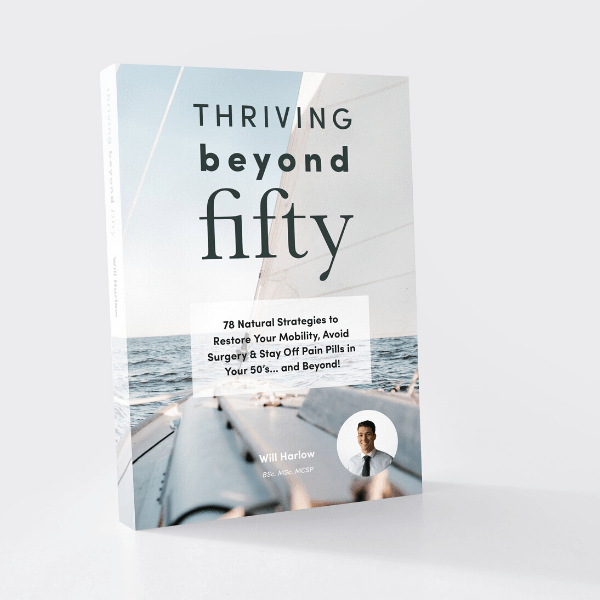
I had been in so much pain for so long that I was willing to try anything. I found online as you mentioned some movements to help relieve sciatic, one was the cobra. I began doing was hard to at first but it helped move my pain from in my toe to only in butt cheeks. Since then my MRI shows I have spinal stenosis. The movements you give my doctor also gave and also told me to stop doing the cobra. Why did I get better, but now I understand why the weakness is still in leg. Thank you for sharing. Will try your movements. I just want to be shot to walk and have no more pain.
Sciatica can be a strange thing! There are no ‘absolutes’ and some things work for some people but not others. Sorry to hear that you are suffering and I truly hope things improve for you soon.
Will
i am vwry grateful to read the above advice regarding exercises to do/not do for lumbar spinal stenosis. Many thanks.
My 84 year old father has recently been diagnosed with spinal stenosis. He had the injections and was pain free for one day. The pain has come back with a vengeance! He’s been sleeping in his recliner because it’s the only position that doesn’t generate pain. This morning, even his reclining position isn’t cutting it. He is desperate to be rid of the debilitating pain. We are skeptical of surgery because of his age and would love to find an exercise regimen that would give him relief
Is water a better place to exercise?
Spinal stenosis Excellent result. Thank you.
excellent and helpful information
Thank you
Sue
I suffer from lumbar spinal stenosis without PAIN. My symptoms are leg fatigue and limited walking endurance. I’m anxious to try your exercises and hope they might help with my walking endurance. Do you think wearing the ‘portable TENS unit while walking might help? Thank you!